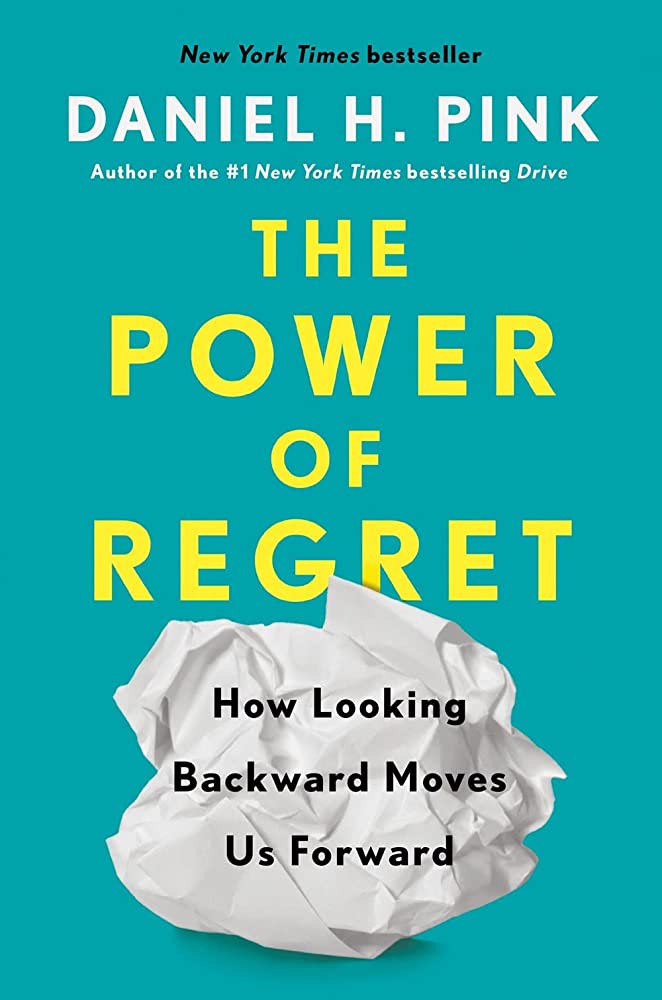The concept of regret is an interesting one. Most thoughts around regret simply say “avoid it”. Do the thing now so you don’t regret it later. For example, in Seth Godin’s book “Linchpin” he says:
“There’s a popular brand of clothing with a huge slogan plastered on it: NO FEAR. I think this motto is either disingenuous or stupid. Of course you should have fear. Riding a bike without a helmet may be fearless, but it’s not smart. Lava surfing might be fearless, but it’s not smart. Swallowing fire without training might be fearless as well, but we can all agree it’s not smart either. So what’s smart? Living life without regret.”
So he’s saying that fear can be wise, but regret is problematic.
On the other side you have Daniel Pink’s popular book “The Power of Regret“, where he shares the benefits that regret can bring to your life. Specifically, he says:
Regret is not dangerous or abnormal, a deviation from the steady path to happiness. It is healthy and universal, an integral part of being human. Regret is also valuable. It clarifies. It instructs. Done right, it needn’t drag us down; it can lift us up.
The purpose of this book is to reclaim regret as an indispensable emotion—and to show you how to use its many strengths to make better decisions, perform better at work and school, and bring greater meaning to your life.
So which is it? Is regret a good thing or a bad thing?
Generally speaking, I agree with Godin that regret is something to avoid if we can. Pink’s point is that if something goes poorly and you regret it, don’t run from that emotion. In fact, people that don’t feel regret at all may have something chemically wrong with them. Again, from his book:
However, one group didn’t feel any worse when they discovered that a different choice would have produced a better outcome: people with lesions on a part of the brain called the orbitofrontal cortex. “They seem to experience no regret whatsoever,” neuroscientist Nathalie Camille and her colleagues wrote in the journal Science. “These patients fail to grasp this concept.” In other words, the inability to feel regret—in some sense, the apotheosis of what the “no regrets” philosophy encourages—wasn’t an advantage. It was a sign of brain damage.
Live life in such a way that you work to avoid regret, but don’t ignore any regret in your past as it can teach you some amazing lessons to improve things going forward.




